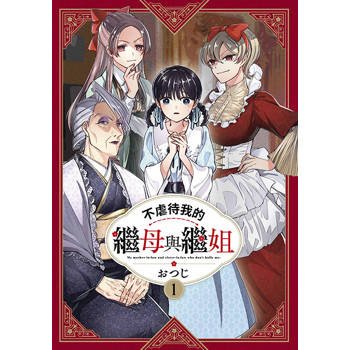Creativity is a defining feature of contemporary work life. Who has not taken part in brainstorming sessions, read glossy pamphlets about innovation and creativity as important cornerstones of a new business strategy, or been made aware of the importance of creative skills for one s career? But what does it mean to be creative in and as an organization?
Organizing Creativity provides an answer to this question. The book builds on the premise that creativity is essentially about ideas. Every organization is dependent on valuable ideas for solving everyday problems as well as inventing new processes, products or services. The main argument of the book is that an analysis of organizational creativity should always account for the interdependency of context, process and practice. Based on cultural and processual perspectives, it highlights the implications of context, process and practice for different aspects of the creative process: generating, evaluating and facilitating ideas. Furthermore, it reflects on how dominant notions of creativity in the economy and society prevent transformative changes and suggests a radical transformative approach to organizing creativity as an alternative. To support and illustrate its argument, Organizing Creativity draws on abundant empirical examples, case illustrations and seminal research from Sociology, Social Psychology and Organization Studies. It provides us with a multi-dimensional perspective and will both further our understanding of and spark critical reflection on the complex interplay of the organizational, social and cultural contexts, processes and practices of organizing creativity.| FindBook |
有 1 項符合
Organizing Creativity: Context, Process, and Practice的圖書 |
 |
Organizing Creativity: Context, Process, and Practice 作者:Schaefer 出版社:Oxford University Press, USA 出版日期:2024-01-05 語言:英文 規格:平裝 / 224頁 / 普通級/ 初版 |
| 圖書館借閱 |
| 國家圖書館 | 全國圖書書目資訊網 | 國立公共資訊圖書館 | 電子書服務平台 | MetaCat 跨館整合查詢 |
| 臺北市立圖書館 | 新北市立圖書館 | 基隆市公共圖書館 | 桃園市立圖書館 | 新竹縣公共圖書館 |
| 苗栗縣立圖書館 | 臺中市立圖書館 | 彰化縣公共圖書館 | 南投縣文化局 | 雲林縣公共圖書館 |
| 嘉義縣圖書館 | 臺南市立圖書館 | 高雄市立圖書館 | 屏東縣公共圖書館 | 宜蘭縣公共圖書館 |
| 花蓮縣文化局 | 臺東縣文化處 |
|
|
圖書介紹 - 資料來源:博客來 評分:
圖書名稱:Organizing Creativity: Context, Process, and Practice
內容簡介
作者簡介
Stephan M. Schaefer
|











